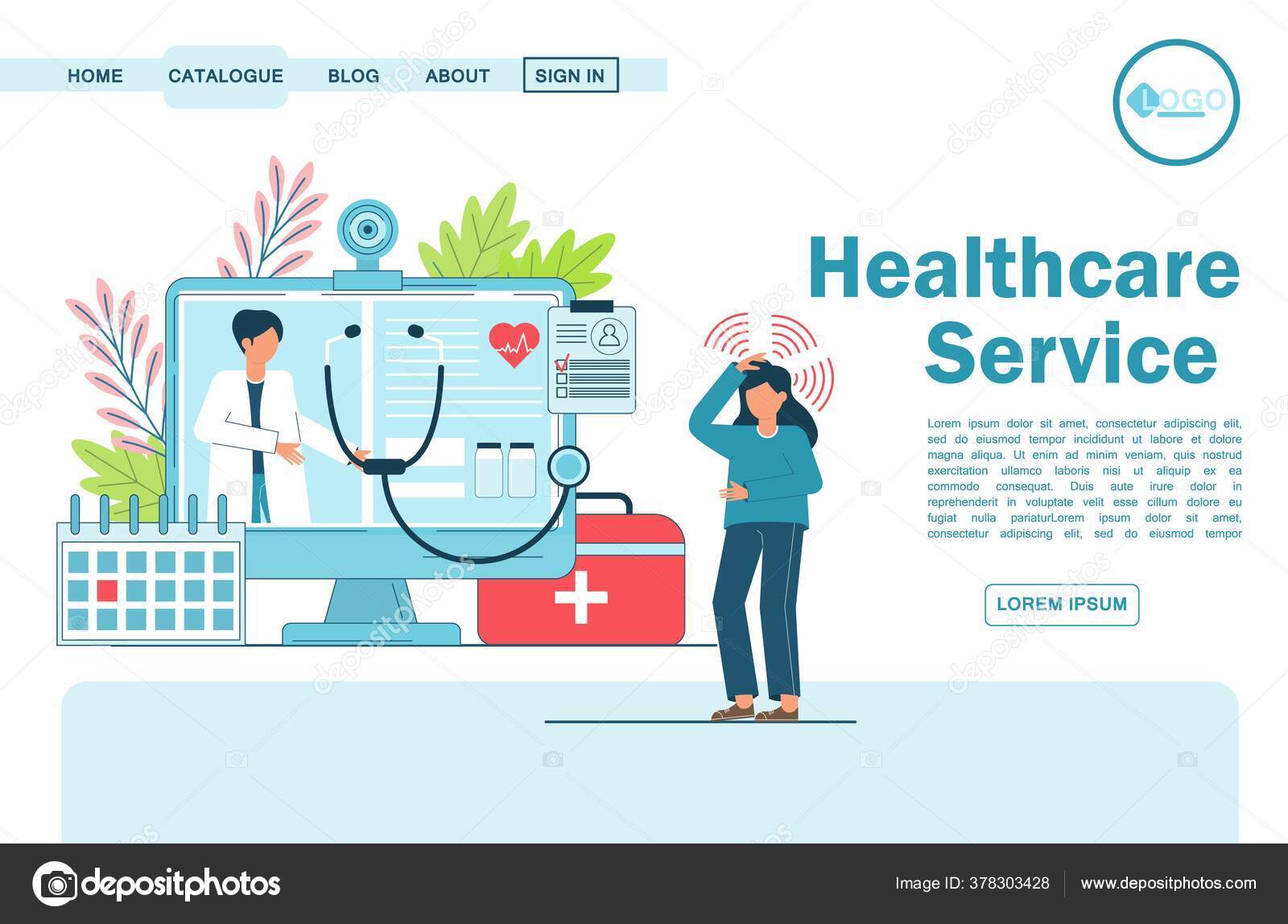The Increase of Subscription-Based Healthcare and Its Influence on Patient Care
As health care evolves, the subscription-based model is acquiring traction, guaranteeing to change person treatment by supplying predictability and ease of access. These designs, which bypass typical insurance, could redefine the patient-doctor dynamic, stressing tailored and preventative care. As with any innovation, they provide difficulties, specifically concerning fair access for all socioeconomic groups. The potential for these models to improve healthcare delivery raises pushing concerns about their lasting sustainability and inclusivity. Are these membership services the future of medical care, or do they take the chance of leaving vulnerable populaces behind? The complexities of this shift warrant a more detailed evaluation.
Understanding Registration Healthcare Designs
Comprehending the principle of subscription medical care versions entails analyzing a transformative approach to medical solutions that stresses price and ease of access. These designs, frequently referred to as straight health care (DPC) or concierge medicine, have emerged as ingenious choices to conventional fee-for-service healthcare systems. Subscription healthcare enables clients to pay a fixed monthly or yearly cost for a defined collection of clinical services, which may include limitless workplace brows through, routine examinations, and basic laboratory examinations, without the demand for standard insurance coverage billing.
The structure of membership medical care versions is made to improve person care by removing third-party payers and complex invoicing codes, thus lowering administrative burdens. Medical care providers can focus a lot more on person treatment, promoting stronger patient-provider connections. This version additionally advertises preventative treatment by encouraging regular visits, as the monetary barrier of per-visit costs is eliminated.
The membership version often empowers health care service providers to manage smaller patient panels, permitting even more tailored treatment. It straightens economic rewards with client wellness outcomes, as service providers are motivated to maintain client satisfaction and wellness. On the whole, understanding membership healthcare models requires acknowledging their potential to reshape exactly how care is provided and accessed.
Benefits for Companies and clients

With a constant earnings stream, healthcare specialists can devote even more time to each client, leading to a more detailed and individualized care experience. The emphasis on preventative treatment within membership plans can lead to far better patient outcomes and minimized long-lasting healthcare expenses.
Challenges and Issues
While subscription-based health care versions existing many advantages, they likewise come with a set of difficulties and issues that need to be attended to. This elevates honest concerns regarding equitable accessibility to health care solutions.
Financial sustainability of subscription-based models is another worry. Providers must stabilize the set revenue from memberships with the variable expenses of healthcare solutions, which might change due to unexpected clinical requirements. This can produce pressure to limit solutions or increase fees, possibly affecting client fulfillment and care high quality.
Furthermore, governing oversight of subscription-based medical care versions is still developing. The lack of standardized frameworks can bring about inconsistent solution top quality and accountability, making complex efforts to make certain individual protection. The integration of modern technology-- commonly a keystone of these models-- increases inquiries regarding information privacy and protection, as sensitive individual details can be susceptible to violations. Addressing these difficulties is critical for the fair and effective application of subscription-based medical care.
Effect On Patient-Doctor Relationships
One significant effect of subscription-based healthcare designs on patient-doctor partnerships is the potential for boosted connection and personalized care. By taking on a subscription model, doctors can take care of a smaller sized person panel, permitting more here are the findings dedicated time with each individual. This increased availability fosters a much deeper understanding of a person's clinical background, way of living, and choices, enabling much more tailored treatment plans and interventions.

Nevertheless, it is necessary to acknowledge that while subscription-based versions may benefit those that can afford them, they might accidentally broaden health care disparities. Clients that are unable to get involved in these designs could experience decreased accessibility to individualized care, potentially affecting their connections with healthcare service providers. Hence, while the registration model uses appealing advantages for patient-doctor relationships, it check my site additionally positions difficulties that need to be dealt with to ensure fair healthcare accessibility.
Future of Health Care Accessibility

The function of innovation can not be ignored in this makeover. Telemedicine systems and electronic health and wellness records assist in smooth interaction in between patients and doctor, breaking down geographical and logistical obstacles. Furthermore, improvements in fabricated knowledge and data analytics can further customize healthcare by predicting individual requirements and enhancing treatment plans.
Nevertheless, the future of health care gain access to also provides difficulties, such as guaranteeing equity across various socio-economic teams. Policymakers and health care suppliers need to work together to bridge the digital divide, making sure that subscription-based versions stay inclusive and cost effective. As these systems grow, they hold the assurance of making Visit Website medical care extra easily accessible, effective, and patient-centric.
Final Thought
Subscription-based health care designs are improving patient care by offering a secure price structure and enhancing ease of access. The increase of subscription-based health care urges aggressive patient involvement, which has the possible to boost patient results and complete satisfaction, indicating a transformative change in health care delivery.
As healthcare develops, the subscription-based design is obtaining traction, assuring to change patient care by offering predictability and accessibility.Subscription-based healthcare versions offer distinct benefits for both people and providers, enhancing the overall healthcare experience.As medical care systems evolve, the future of medical care accessibility frequently hinges on the integration of cutting-edge designs and modern technologies.Subscription-based medical care designs are reshaping patient care by supplying a steady cost framework and enhancing availability. The increase of subscription-based healthcare encourages aggressive individual engagement, which has the prospective to improve patient results and complete satisfaction, indicating a transformative shift in health care delivery.